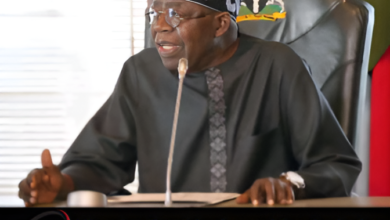Nigeria Ushers in 12-Year Basic Education, Scraps JSS and SSS

In a significant overhaul of her education system, Federal Government of Nigeria has announced the scrapping of Junior and Senior Secondary Schools, introducing a 12-year compulsory basic education model. This move signals a shift from the existing 6-3-3-4 system to a 12-4 structure, aiming to provide uninterrupted learning for Nigerian children up to the age of 16. Education Minister, Dr. Tunji Alausa, unveiled this development at the 2025 extraordinary National Council on Education meeting in Abuja, underscoring its alignment with global best practices. “By subsuming secondary education into basic education, students will benefit from uninterrupted learning up to the age of 16,” Alausa said. He further explained that this reform seeks to “reduce dropout rates by eliminating financial and systemic barriers that currently prevent students from completing secondary education.”
Advertisements
The new policy also proposes a 16-year minimum entry age for tertiary institutions, a move currently awaiting approval from the National Council on Education. Alausa pointed the numerous benefits of the 12-year system, including a standardized curriculum implemented nationwide, early exposure to vocational and entrepreneurial skills, and better preparation for both higher education and employment. “Many developed nations have implemented similar systems where basic education spans 12 years, which ensures that students acquire foundational knowledge before specializing at tertiary levels,” he stated.
The Minister also emphasized the potential economic and social impact, arguing that “Educated youth contribute significantly to national development.” He summarized key implementation strategies, including policy reforms, infrastructure expansion, teacher training and recruitment, funding and partnerships, and curriculum enhancement, to ensure the successful integration of secondary education into the new basic education framework. This bold reform aims to equip Nigerian students with the skills and knowledge necessary for success in a rapidly changing economy and world.
Do you think this policy change is timely and needed in the Nigerian Education sector? What could be other priorities?
Read more…









